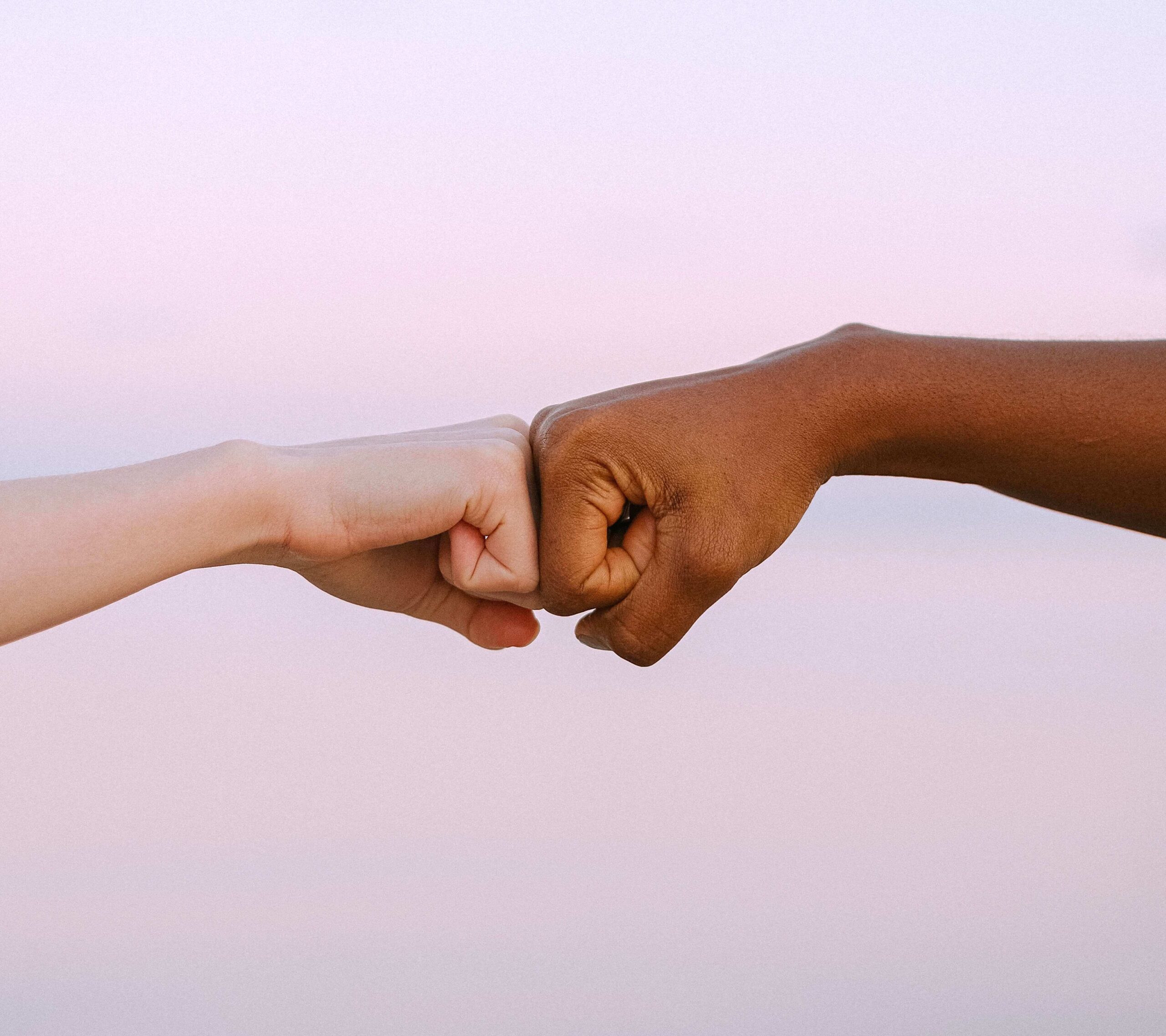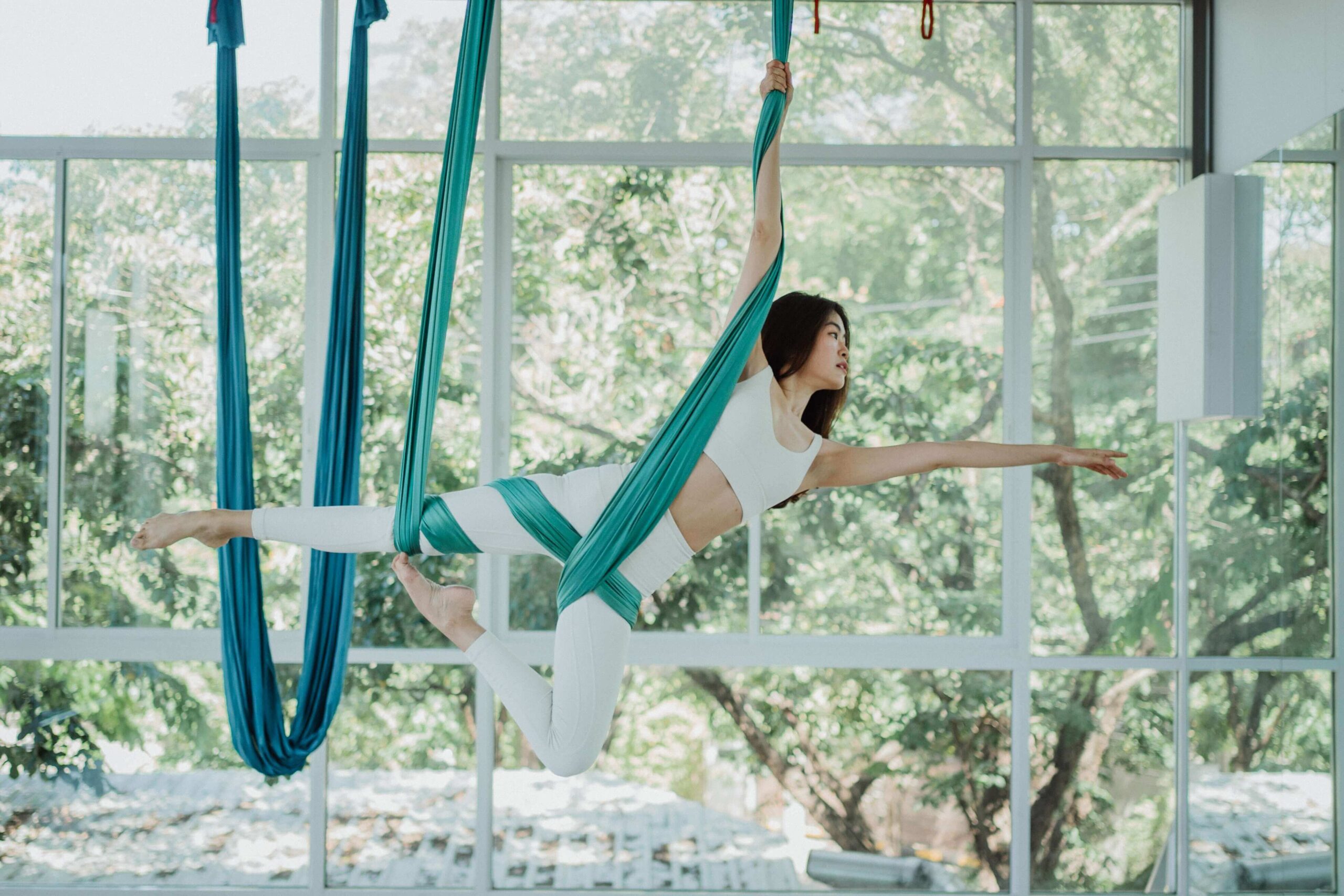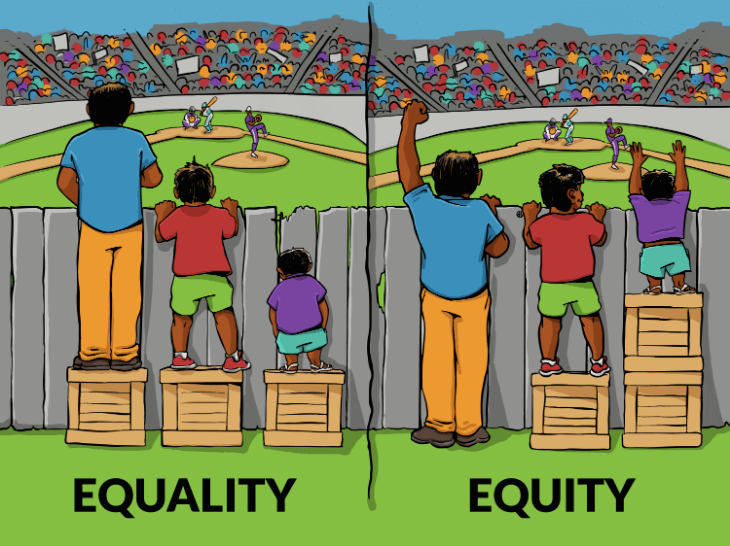Happy International Women’s Day! And Happy Women’s History Month.
At a virtual meeting a year into the pandemic, when I mentioned that I was an advocate for women’s rights, a male executive at my former job (in the male-dominated manufacturing industry) told me dismissively that I was “stuck in the past” (his exact words).
Off the top of my head, I just said, well, someone has to speak up about the gender pay gap. Then he asked if I was personally experiencing the gender pay gap – which, truthfully, I wasn’t. And he probably knew that.
However, it didn’t change the fact that other women in other parts of the world still experience it. As long as there is a gender pay gap, gender-based violence, and sexual discrimination somewhere in the world then it’s not an equitable world. Unless there is justice everywhere, there’s no justice anywhere. So I said the same to that male executive.
I was then told that I was “too much.” But, still, some time after this incident, I re-evaluated where I was in my journey in this cause. Some aspects of inequality are just too far-removed from the free world that they don't resonate, especially to those in a position of privilege.

Image: Pexels/AnnaShvets
Granted, I’ve considered myself a feminist for as long as I could remember. But then, I thought about why most men I’d talked to about it were either apathetic or dismissive.
Sometimes, it’s as simple as never experiencing what women experience. Or have never been on th wrong side of a power imbalance. Or because they view the women around them as “equals” and don’t treat them differently, they think that’s enough to be able to say that there is no inequality. Or, their impression of feminism was reductive either because of their personal lens or because of the way it has been communicated. Feminism was simply women being able to do everything that men were able to do, maybe even better. Full stop.

Image: Pexels/ChoknitiKhongchum
Our feminist icons, for good reason, could be women who have achieved breakthroughs or have performed excellently in their respective fields: Marie Curie in the sciences; Hedy Lamarr in technology; Katherine Johnson in mathematics; Ruth Bader Ginsberg in the law; or, in more recent years, Jacinda Ardern or Sanna Marin in politics.
In spite of historically being at a disadvantage in education, suffrage, politics, property ownership, wages, and human rights; women have already proven that women can do anything men can do, and they rightfully deserve respect.
But is that all there is to this movement?

Always reaching for something while trying to maintain a delicate balance. Image: Pexels/KetutSubiyanto
Nowadays, we watch female celebrities and influencers impeccably run their household with three kids, their career/business, and have time for yoga at 5 in the morning. And after their pregnancies, they lose the baby weight like nothing has happened. And that's the "ideal" female role model.
In striving to prove we can do/have it all, we were blindsided by societal pressure on women: one that demands a career; imposes the bulk of the housework and child-rearing duties on the female; judges you when your family doesn't seem 100% happy and successful, and last but not the least; markets its impossible beauty standards.
However, it’s not just women who deal with societal pressure.
Gender stereotypes are a double-edged sword. Which is why, equity is more valuable than equality.
You’ve probably seen this illustration:

Image: interactioninstitute.org
It’s not necessarily equal opportunities we need to provide but more to those who have less: with the opportunities targeted to different areas.
Growing up, I liked playing with dolls. I loved letting my imagination go free with made-up stories.
But I also liked playing with mud, worms, and toy guns. Chasing and being chased by “enemies” on our block. Once, I was dragged to a dress-fitting in the middle of playing some variation of cops and robbers and the adults had to extract plastic pistols from my pockets to take my measurements.

Image: Pexels/MarkusSpiske
I was a girl and able to play with both kinds of toys. However, if a little boy likes to play with dolls, an unwritten rule deems it as “unacceptable” if not just really odd.
In most parts of the world, females can wear both pants and skirts, and males can only wear pants.
So technically, in many parts of the world, women are allowed to do more than men are.
Why is it considered “unmanly” to cry? Men have shorter life expectancies for many reasons: physiological, more vulnerability to heart ailments, being employed in more physically risky occupations, and most refuse to confront mental health issues. Which is not surprising given that expressing emotions seems to be a struggle for most of the male population. It could be the same societal pressure at work in shaming men when they show any kind of weakness.
Hence, when we speak of gender equity (in lieu of equality), it should be given to both women and men, albeit in different areas.
While we may never be able to achieve gender utopia in this imperfect world, gender equity could be the key to unlocking our true potential as a society.
A world where women are given the freedom to be strong, and men are given the permission to be weak. Where there is no stigma for families where women are the breadwinners and men look after the home. Where we don't undervalue the role of men in the household, and we don't under-appreciate the unpaid labor women have been taking on without question. Where men can shed tears without being shamed, and women could speak up for the rights of others without being told they’re “too much.”
UN Women Global Goodwill Ambassador Anne Hathaway, in her UN Women 2017 Women’s Day keynote speech on gender-based policies has said it this way, “To liberate women, we need to liberate men.”
Happy International Women’s Day!

Image: Pexels/Pixabay

1 comments